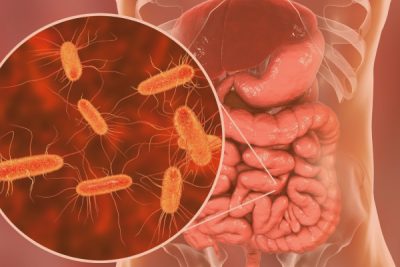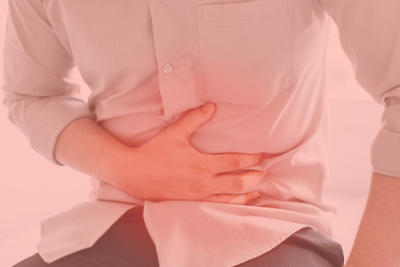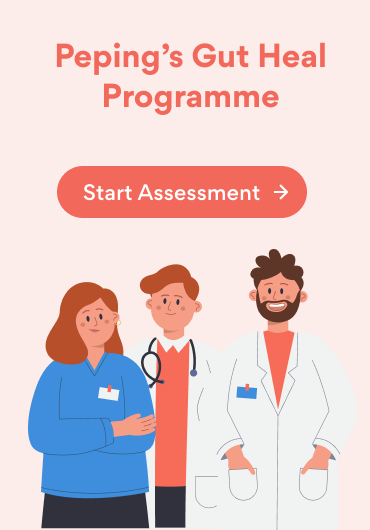Heartburn and GERD (Gastroesophageal Reflux Disease) are two digestive conditions that can cause discomfort and pain in the chest and throat. While they may seem similar, there are several key differences between heartburn and GERD that are important to understand. This article will explore these differences and help you identify the symptoms of each condition.
What is Heartburn?
Heartburn is a common digestive condition that causes a burning sensation in the chest and throat. It typically occurs after eating a meal or lying down and is caused by the reflux of stomach acid into the oesophagus. This reflux can cause discomfort and pain, but is typically not serious and can be treated with over-the-counter medications.
What is GERD?
GERD is a more serious form of acid reflux that can cause chronic and severe symptoms. It is characterised by the frequent reflux of stomach acid into the oesophagus, which can cause damage to the oesophagus and lead to complications such as Barrett’s oesophagus and esophageal cancer.
Differences between Heartburn and GERD
While heartburn and GERD are both forms of acid reflux, there are several key differences between the two conditions. GERD is a more serious form of acid reflux that is characterised by frequent and persistent symptoms, while heartburn is typically less severe and occurs only occasionally.
Another key difference between heartburn and GERD is the location of the symptoms. Heartburn is typically felt in the chest and throat, while GERD can cause a range of symptoms in the chest, throat, and abdomen.
Symptoms of Heartburn
The most common symptom of heartburn is a burning sensation in the chest and throat, which typically occurs after eating a meal or lying down. Other symptoms of heartburn can include:
- Belching
- Sour taste in the mouth
- Difficulty swallowing
- Chest pain
Symptoms of GERD
The symptoms of GERD can vary widely, but the most common include:
- Heartburn
- Chest pain
- Sour taste in the mouth
- Difficulty swallowing
- Regurgitation of food or liquids
- Nausea
- Hoarseness or sore throat
How is Heartburn Treated?
Heartburn can be treated with over-the-counter medications such as antacids or H2 blockers. Antacids work by neutralising the acid in the stomach, while H2 blockers prevent the production of acid in the stomach. If these medications do not provide relief, a doctor may prescribe stronger medications or recommend lifestyle changes to help manage the symptoms of heartburn.
How is GERD Treated?
The treatment of GERD will depend on the severity of the symptoms and the degree of damage to the oesophagus. In most cases, GERD can be treated with medications such as proton pump inhibitors, which reduce the amount of acid in the stomach. In more severe cases, surgery may be necessary to correct the underlying problem causing GERD.













